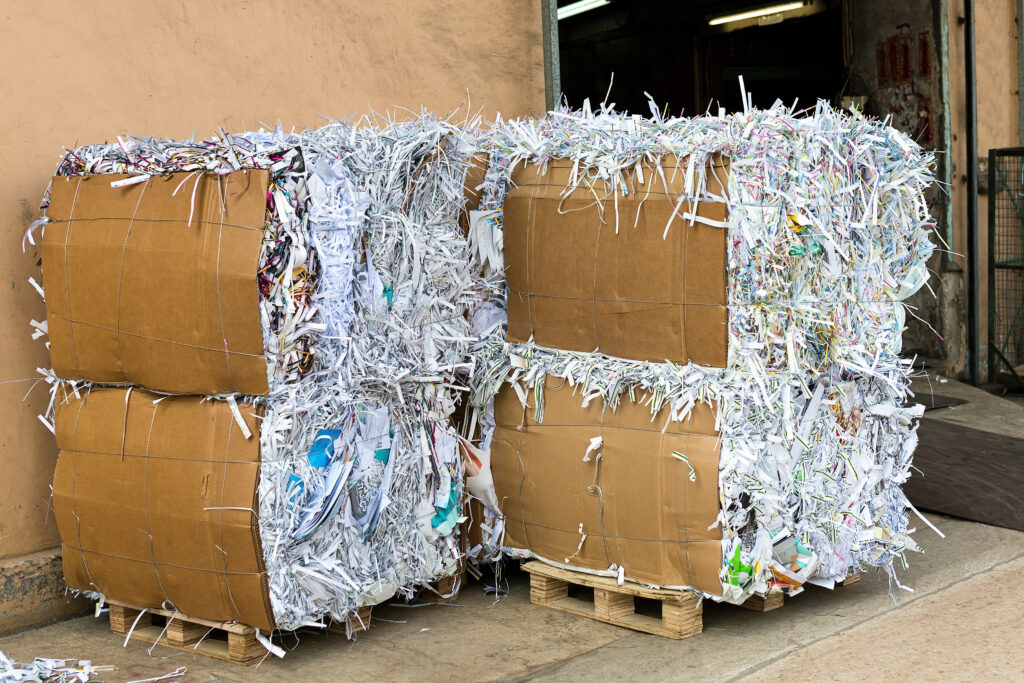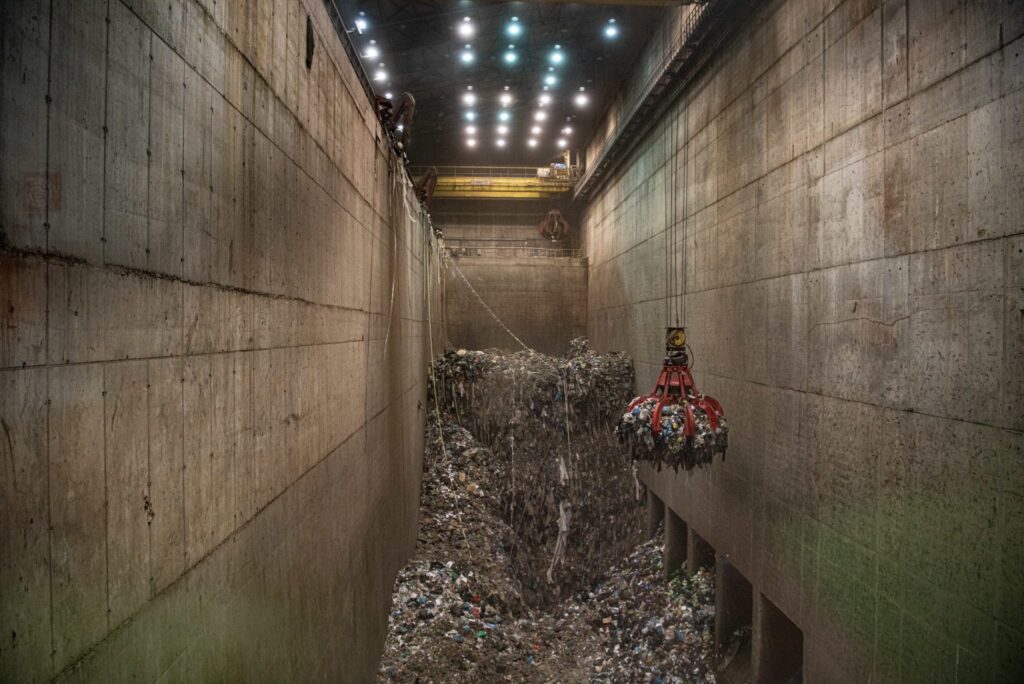The council declared a climate change emergency in January 2019. A ‘People’s Jury’ was then formed to examine the response to the climate emergency so far and produce recommendations that would be used to guide the future work of the council.

The jury published the recommendations, several pertaining to waste and recycling, on 23 November. These include getting the council to commit to using zero single use plastic on any of its premises and reducing the subscription fee for the garden waste collection service.
At the meeting on 16 December the council committed to implementing the recommendations over which it has direct control and making actions plans on how to influence others to implement the rest.
A report on the recommendations prepared by Mark Davies, Lancaster’s director for communities and the environment, went before the council. It reads: “Cabinet will engage with our communities and local organisations to develop a response and action plans to address the recommendations from the People’s Jury.”
Waste reduction
The People’s Jury recommended the council should commit to zero single plastic use in any council premises – such as schools and leisure centres – and should encourage local businesses to do the same.

Households should be given composting bins and recycling should be made easier by, for example, having one collection point or by enabling all recycling to be in one household bin, the jury said.
It recommended the subscription fee for the garden waste collection service should be reduced. It currently stands at £40.
A ‘make and mend’ approach and reuse should be supported and promoted, the jury said.
The People’s Jury added the council should investigate and invest in local technology to turn methane from waste into energy. It suggested this could be self-sustaining through selling the energy and the by-product.
And, the jury recommended all plastic bags should be banned and only reusable options made available.
Food waste
With regard to food waste, the People’s Jury recommended collections for all local households should be restarted. Food waste collections in the Lancaster district ceased in 2016.
Ways in which retailers can be made responsible for the cost of ‘dumping’ the food waste they create should be investigated, the jury recommended.
Supermarkets, local food shops and outlets including fast food takeaways should be incentivised to donate surplus food to customers, local food banks and community initiatives, the jury said. It added special offers which encourage the bulk buying of short shelf-life goods should be reduced.
Climate emergency
In a statement the 28 jury members said: “Our city and county councils must accept that progressive change to fight the climate change emergency will have financial implications. Not being able to fund the recommendations we have listed here is no reason for inaction as money won’t matter in a world that won’t exist as we know it.
“It’s time for our councils to listen to the people of Lancaster and district and take action now”
“The response to the climate emergency needs to be one that moves away from politicians making all the decisions but instead reaches out to the wider public and communities for ideas of how to achieve our recommendations. It’s time for our councils to listen to the people of Lancaster and district and take action now, leading the way to make changes in response to this emergency.”
Lancaster
Representing a population of more than 144,000, Lancaster city council had a recycling rate of 36% in the 2018/19 financial year. This was below the national average of 45.1%.









Subscribe for free